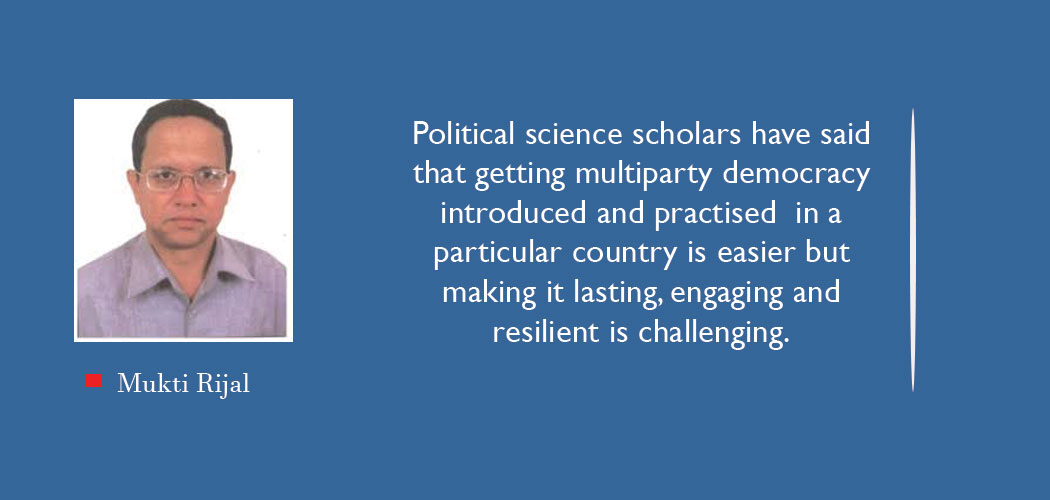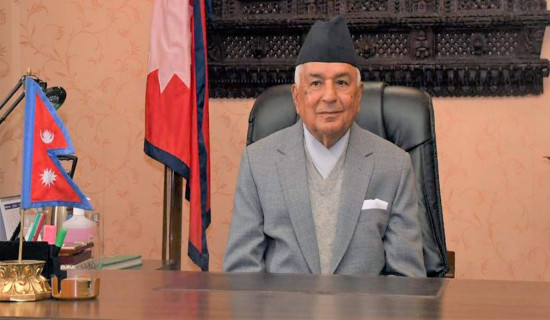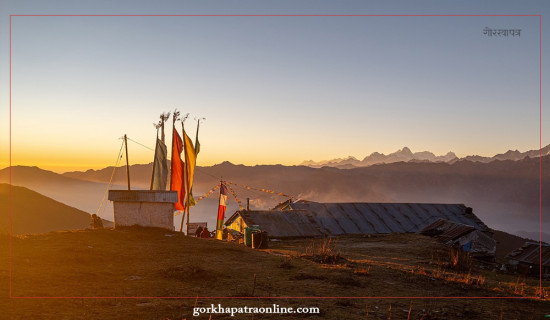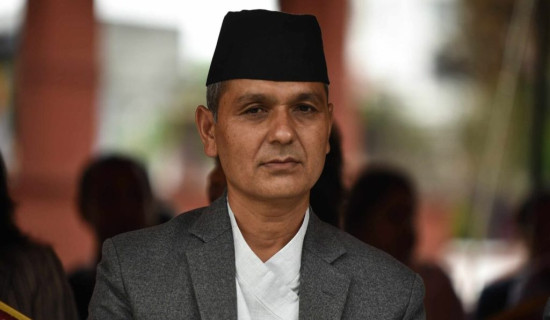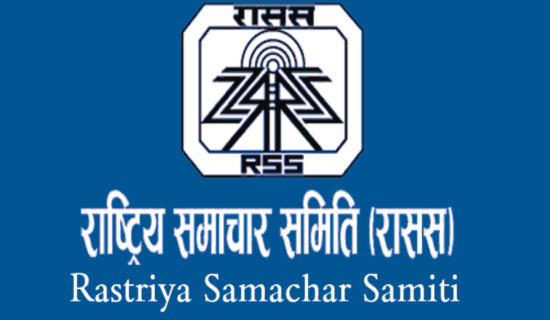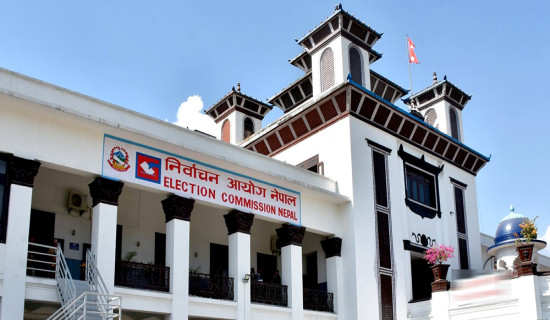- Thursday, 19 February 2026
Enhance Citizens’ Democratic Competence
Mukti Rijal,
If we look at the contemporary political developments worldwide, we find that making democracy resilient and enduring is not an easy proposition. Even the mature democratic countries like India and the US are oftentimes alleged to have gone to backsliding through recourse to the authoritarian tilts.
In this context, the analogy of the past US president Donald Trump is often blamed for failing to uphold the abiding norms of democracy and attempting to resist the smooth handover of power to the incoming president-elect Joe Biden. Even the Indian Prime Minister is Modi is criticized for undermining the democratic values, including that of secularism.
Unstoppable march
Political science scholars have said that getting multiparty democracy introduced and practiced in a particular country is easier but making it lasting, engaging, and resilient is challenging. When the authoritarian regimes had collapsed worldwide in the 1990s, it was appreciated that a new wave has been swayed in favor of democracy.
The so-called wave of democracy sweeping across the world was celebrated when the regimes in the Soviet Union and Eastern Europe, among others, tumbled one after another. It had been termed as the biggest triumph of liberal values over the authoritarian order.
And it seemed that there will be no autocratic regimes left to rule their citizens in the immediate future as the unstoppable march of democracy will crush them down.
The reason behind the falling of the authoritarian regimes and transition to democracy in the 1990s as mentioned by the late Samuel Huntington are, among others, the growing legitimacy problems and their failure to perform according to the expectations and aspirations of the people.
Robert A Dahl, a reputed political scientist, mentions in his work titled ‘On Democracy’ that “with visible failures of the totalitarian systems, military dictatorships and many other authoritarian regimes, anti-democratic ideas, beliefs, and ideologies lost their previous appeal throughout much of the world. Never before in human history had so many people supported democratic ideas and institutions”.
However, this has proved to be a false prophesy. Democracy can be reversed and rolled back or its basic tenets and practices can be overruled as this has happened in many countries where democracy has either failed to deliver or institutionalized in robust terms. COVID-19 has also indicated that democracies were slow to respond to the crisis.
This has primarily happened as pointed out above due to systemic failures of democratic regimes to operate and deliver effectively for addressing the needs and aspirations of the people. The growing inability to provide welfare, prosperity, equity, justice, domestic order or external security has disappointed the citizens and, as a result, citizens felt alienated from the process of democratic governance.
It is, therefore, necessary that democracy needs to be strengthened and founded upon the performance and delivery to the people. The widening and deepening of democracy have been a compelling need to assure that it not only delivers but is also practiced as a way of life of the people.
The deepening and widening of democracy call for moving beyond the planks of the formal democratic institutions and procedures like periodic elections every five years but also reaching out to the people and enabling them to participate continuously as the shaper and maker of democratic goods and services.
It is, therefore, that the democratic institutions should be fused with the politics of participatory democracy. The democratic political practices require not only political contestations but also that the contestation be peppered with certain basic moral and political principles including citizen control over the government.
The democratic institutions need to be held by their democratic promise by enhancing citizen participation so that the exercise of power at all levels of political authority is endorsed by the citizens. This entails maximizing the accountability and transparency of the holders of the political power and bureaucratic office at all levels.
In order to enhance the democratic competence of citizens to enable them to engage with and participate in the democratic institutions for increasing accountability and answerability of the latter, it is necessary that the focus be laid on democracy education for citizens so that they not only imbibe into the values and notions of democracy and democratic institutions but practice it is in their day-to-day life by participating in the democratic politics.
The deepening and widening of democracy is possible only when citizens are educated for democracy and an enabling environment is put in place so as to assure that a particular context or nation becomes and develops itself as a laboratory for democratic innovations and practices. All democracies evolve, develop and flourish with informed and engaged citizens.
Shared responsibility
The pedagogy of effective democracy education should include a basic understanding and appreciation of how democracy and its institutions work and how these contrast to those of the undemocratic governments, inculcation of public-spiritedness and a sense of shared responsibility by all citizens. Moreover, it should also impart the basics of participatory skills which empower citizens to take part effectively to address the problems of their society.
In order to make democracy robust with a capacity to deliver it is necessary that democracy education be made an integral part of the formal or non-formal education for every citizen.
The upcoming elections - local, provincial, and federal - in Nepal are also the opportune time for the delivery of democracy education to citizens as this will empower them to cast their votes exercising their freedom, conscience, and independence so that the capable and competent representatives are elected to deliver the aspirations of the citizens.
(The author is presently associated with Policy Research Institute (PRI) as a senior research fellow. rijalmukti@gmail.com)

